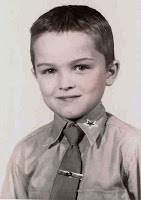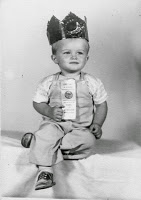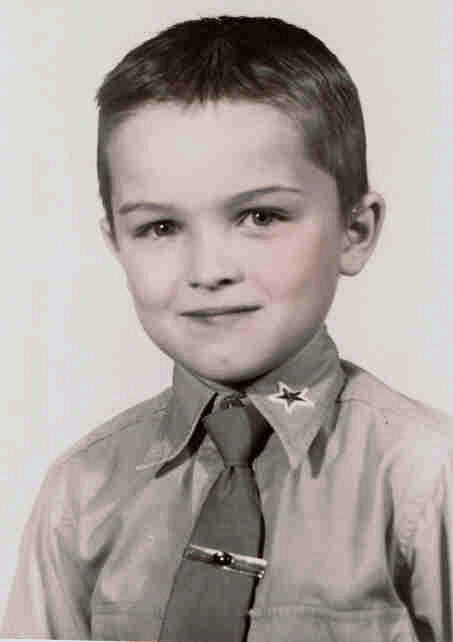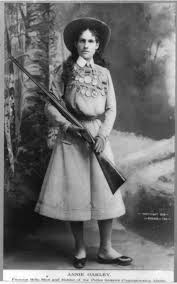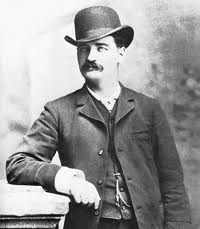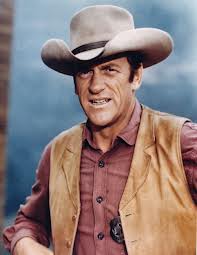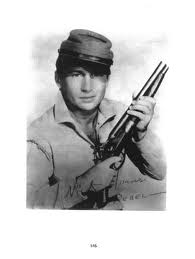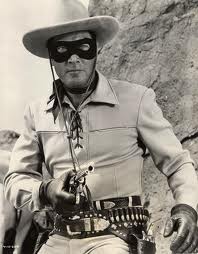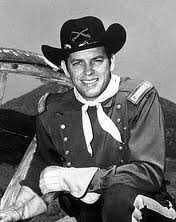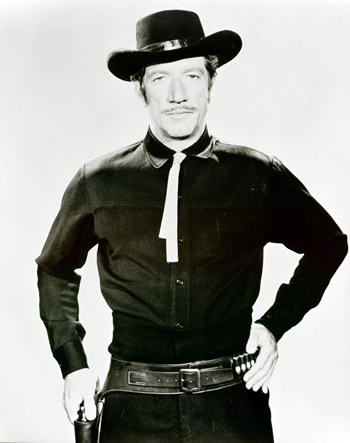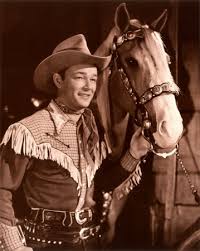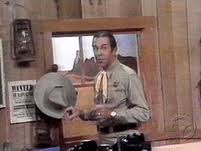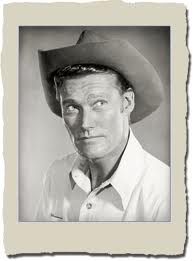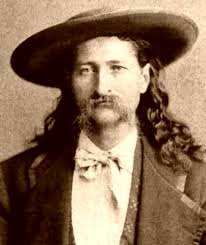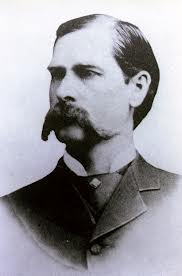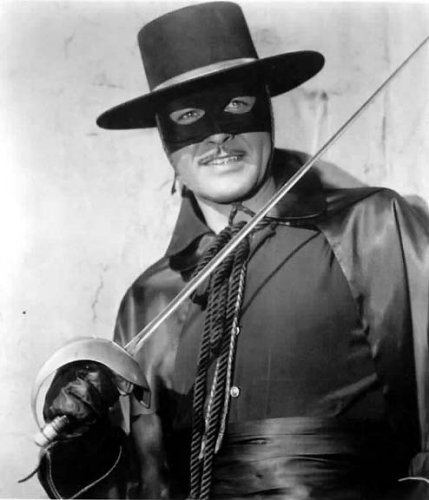experienced 63 “new years”. That’s a lot
of days to review for anything to write about, especially when you must also
include New Year’s Eves as well for a total of 124 days of activities. The first one that stands out would be the
one in 1958 (when I was 9 ½) which followed 3 days after my father told me
about the divorce of my parents. It was
the year that began with me in a new family arrangement with an older stepbrother
(a good guy) and younger twin half-brother & sister (also good). The remaining months of school passed fairly
quickly and in late May my mother, babies, and stepfather came to my
grandparent’s farm to show off the twins and to pick me up. Later that fall I became sexualized and my
life further changed.
year of note would be 1968 where at age 19 ½ I found myself in Air Force basic
training at Amarillo AFB, Texas and later in tech school at Goodfellow AFB in
San Angelo, Texas to become a Radio Intercept Analyst. Looking back at those days, it was actually a
good thing the base psychiatrist washed me out of that program. I did come away with a Top Secret security clearance,
which followed me for the next four years.
The other good thing that came out of this “rejection” was I was sent to
Florida where I met my future spouse on December 21st. (So there really can be a “silver lining” in
the clouds of life’s storms.). Naturally,
at the time I was “washed out” I was not happy, in fact my ego was pretty much
devastated as I had been the top student in my Phase 1 training class.
the year I joined the LDS church, which is why I met my future spouse on 21
December. The following New Year (1969)
began many years of church association bringing me outer peace and occasionally
inner joy.
“new year” began with me completely dropping out of college in January after
one semester to work at the Anaconda copper mine in Sahuarita, Arizona, before
beginning training as a deputy sheriff.
Sixteen weeks later, in early December, I was sworn-in as a deputy in
Pima County, Arizona. I completely
enjoyed that experience for the next 3 ½ years before returning to college to
obtain a BS degree.
very remiss if I did not include 1974, 1978, 1981, 1983, 1988, and 2001 as very
significant because they are the first new years to follow: my marriage; the
births of our four children; and the passing of my spouse and best friend of 27
¾ years in 2001, four days after 9/11.
are many new years between 1988 and 2011, those following Deborah’s death
through 2010 were filled with major depression and memories I’d rather not
recall. By contrast, 2011 appears to be
a year filled with opportunities for happiness at last. It is the first new year following my coming
out and finding people my age who are friendly, fun-loving, and good at making
a “newbie” feel welcome. I am looking
forward now instead of living in the past.
things that our topic word “house” could bring up memories, emotions, or
passions in anyone: House the TV show, House of Commons, whorehouse, White
House, House of Representatives, and others are some. In all honesty, those were suggested to me by
my friend Michael King after I told him that only my houses came to mind. Since I had already started to write about
them I decided to continue in that vein; to do otherwise, those of you reading
this would not be sufficiently bored.
filled with memories of the different houses I’ve occupied. The first was in 1948 at Lawndale,
California, a suburb of Los Angeles. I
remember a small octagon window set in the wall of our porch by the front
door. I remember our first pet—a purebred
black and white collie named Bonnie. My
parents asked me to name her and I chose Bonnie because I liked the song “My
Bonnie Lies over the Ocean” which was played over the radio rather frequently. My parents thought that a purebred should have
a fancier name so she was registered as “Lady Bonita”.
my mother, Bonnie was a wonderful nursemaid or watchdog for me. If I got past the gate to the sidewalk,
Bonnie would bark up a storm; not necessarily to attract my mother’s attention
but to call out to me to let her come with me.
Mother didn’t care what the motivation was; she promptly returned me to
our yard and tried another way to “lock” the gate. Eventually, I learned to take Bonnie with me,
which stopped the barking, and I got “free” much more often and for longer periods. Sadly, Bonnie got distemper and died before
her 1st birthday.
next house was in Redondo Beach (also a suburb), was brand new, and bought with
my father’s VA secured loan for his service in WW2. That’s the house I unintentionally scared my
mother into thinking I was missing, lost, or kidnapped. I had been eating, playing, or just being
naughty in the little café my mother owned two lots behind our house and she
had told me to go home and go to bed.
but being rather head-strong, naughty, and disobedient, I started playing in
our side yard with Mike Pollard; my friend from across the street. I looked up and saw my mother come out of the
restaurant and come my way. Believing
that she had not yet seen me, I quickly told my friend to go home and ran in
the backdoor (located on the side of the house where my mother could not see)
and took off my shoes and jumped into bed pulling the covers and bedspread over
me, and laying on my back, pretended to be asleep.
mother come into my room and then begin to call my name. Since I was supposed to be asleep, I didn’t
respond. She then left my room and began
to call my name throughout the house.
Finally, I heard her leave and I got up got undressed and went back to
bed and I actually fell asleep, not awakening until much later.
this story was told to me by my mother years later when I was about 15 or 16
when I reminded her of that day.
Apparently, after she had left the house not finding me in it, she had
rather frantically looked for me over at the Pollard’s house and other homes on
our short block. Still not locating me,
she then called my father at work to report me missing.
early (losing pay for the time missed) and came home where by this time I had
rolled onto my side so when he looked into my room he saw me sleeping
peacefully in my bed. Mom didn’t relate
to me the exact conversation they then had, but she summarized it by saying
that he thought she was crazy.
when I first jumped into bed and went under the covers, I pulled them over me
in such a fashion that the bed looked unoccupied. It was my habit to sleep with my head
completely under the covers for many years and I was laying flat on my back, my
head under the pillow. The mattress was
6 inches of foam rubber, which I “sank” into so there was no “lump” to show I
was in the bed, thus she thought I was missing.
house was in Minnesota at which I arrived in 1956. This was my mother’s parent’s two-story home
on their farm I’ve spoken to you about before in conversations. I’m not fluent enough in describing things so
just picture in your minds a typical mid-west, 1900’s turn-of-the-century,
nearly square, white-stucco, lightening rod studded farm-house typically shown
on older movies. What makes this house
memorable was not only that it is the house of the divorce-notice previously
mentioned, but also the one where my uncle showed me the facts of life when I
was eleven (and also because it was very fun living there). It was fun I suspect only because I was not
required to work but enjoyed: riding on the tractor with my grandfather, helping
with farm chores and work (where I could), and just watching when I could not.
I grew and left home, marrying and raising a family I have lived in a
collection of cabins, apartments, houses, military housing, and one time, in a
tent. I will not continue with this
narrative except to say they also have positive and negative memories but I
don’t wish to document them at this time.
I’m sure you will all understand and be greatly relieved that this,
reading a long narrative, ordeal is finally over.
2011
and then in Redondo Beach. Just prior to
turning 8 years old in 1956, I was sent to live with my grandparents on their
farm in Isanti County, Minnesota for two years during which time my parents
divorced.
in 1958, I lived first at Emerald Bay and then at South Lake Tahoe, California,
graduating from South Tahoe High School in 1966. After three tours of duty with the Air Force,
I moved to Denver, Colorado where I lived with my wife and four children until
her passing away from complications of breast cancer four days after the 9-11-2001
terrorist attack.
therapeutic.
